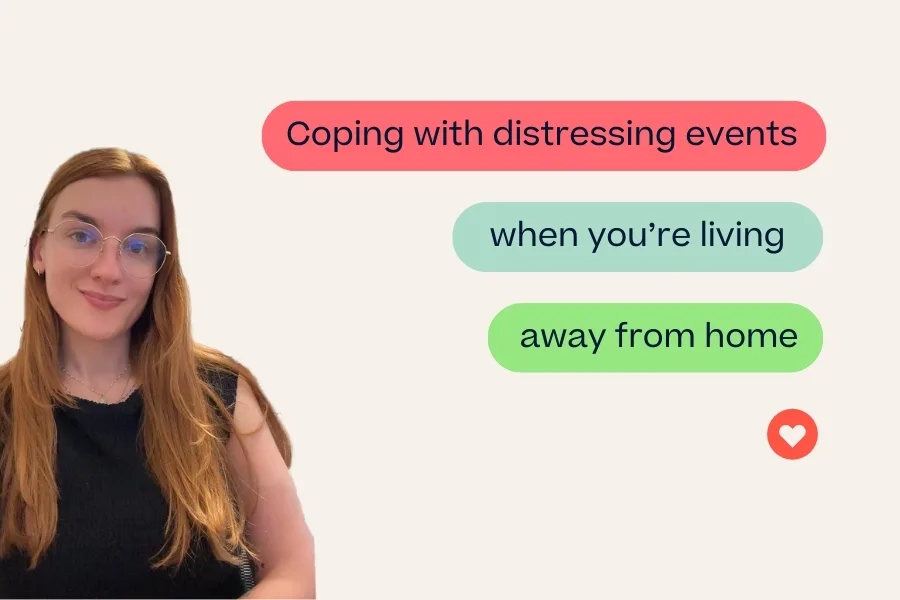Coping skills
We all have different ways of dealing with hard times. Sometimes we react to a problem the only way we know how, but that doesn't necessarily mean it's the best way to handle it. Developing good coping skills is about choosing the strategy that works best for you. Learn about the different coping mechanisms that can help you deal with hardship and build resilience.
Related topics
Frequently asked questions about coping
Healthy coping mechanisms help you accept and work through challenges while supporting your wellbeing. This could look like talking to friends, engaging in physical activity, or using a creative outlet. Unhealthy coping mechanisms might provide quick relief, but ultimately make things worse. Things like avoiding problems, isolating yourself, or using substances to numb your feelings.
The key difference is that healthy coping strategies help you face difficulties and grow stronger, while unhealthy ones often create new problems on top of what you're already dealing with.
The most effective coping strategies for mental health include connecting with supportive people, practising mindfulness through breathing exercises or meditation, and getting your body moving with whatever exercise feels good to you. Finding creative outlets like music, art and journalling, or establishing routines that provide structure during chaotic times, can also be helpful ways to deal with hardship. Remember that different strategies work for different people, so it's worth experimenting to discover what helps you feel grounded when life gets overwhelming.
Good coping skills teach your brain that you can handle difficult situations and come out the other side. This rewiring of your brain helps you build resilience over the long term. Each time you successfully navigate a challenge using healthy coping strategies, you're training your mind to approach future problems with confidence rather than fear. Over time, these experiences stack up, creating a solid foundation of self-trust and adaptability. This foundation then makes you more equipped to bounce back from whatever life throws your way.
You're never alone in dealing with hardship. Talking to people you trust, like friends, family members, school counsellors, or teachers, can offer support and perspective when you're going through tough times. For more specialised help, headspace provides free or low-cost mental health services specifically designed for young people. Services like Kids Helpline (1800 55 1800) also offer 24/7 confidential support via phone, chat, or online. You could also consider chatting to a peer worker.
Remember that reaching out is a sign of strength, not weakness.













